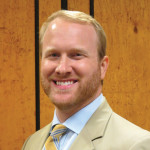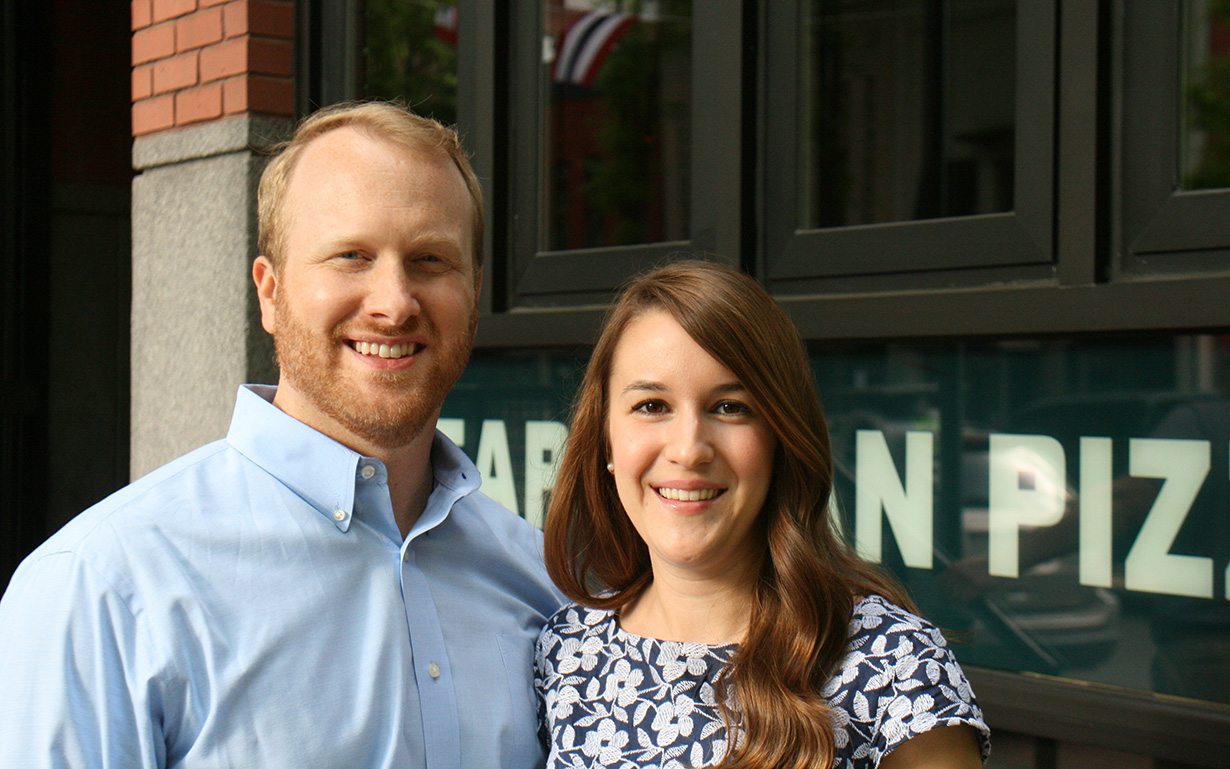By David Allen Martin
When I first moved to Chattanooga as a college freshman in 1999, one of the things I loved about the city most was that it was in the process of reinventing itself. Not just talking about changing for the better but actually taking the necessary steps to become a stronger, more connected city.
If you’re familiar with the Scenic City or know someone from here, you’ve probably heard the Chattanooga renaissance story—how a town once called “the dirtiest city in America” by Walter Cronkite remade itself into a forward-thinking, highly livable, tech-savvy community.
Of course, the most noticeable markers of this renovation are of the visible variety. Come for a visit, and you’ll be struck by Chattanooga’s aesthetic value. The Bluff View Art District and Coolidge Park sit just a short walking distance from countless shops and restaurants, all tucked in closely by the Tennessee River with Lookout Mountain framing the horizon. It really is a beautiful place.
But those attractive features, which lure tourists in by the thousands every year, represent only the facelift portion of a deeper three-decade overhaul. There is much more going on beneath the surface.
In a way, Chattanooga’s picturesque charm serves as the front porch for the city—it welcomes people in. But there are other features that convince people and businesses to stay: employment opportunities, a ready-to-hire worker pool, future-facing infrastructure and a smoothly running local government. It’s work in these beneath-the-surface areas that serve as the lifeblood for a profound and sustainable civic revival.
The catch, though, to Chattanooga’s resurgence is that, to remain successful, it can’t have an end point. As the old saying goes, “If you’re not growing, you’re dying.” Employment demands change, emerging technologies present unforeseen opportunities, and governments experience never-ending whirlwinds of demand. Municipal success requires fluidity.
This reality, then, brings out the questions: Amid constant change, how are people ever to feel that they are truly at home? How can they grasp a sense of place?
“Place” is a buzzword in the world of city planning and urban development these days. But what does it mean, exactly? Wilfred McClay writes in the introduction to Why Place Matters that “places in particular are concrete, palpable, intimately meaningful,” and that “in a frenetically mobile and ever more porous and inexorably globalizing world, we stand powerfully in need of such stable and coherent places in our lives.”
And it’s those multiple settings in our lives that offer an anchoring feeling for our respective existences. Whether they are grandma’s kitchen, a familiar hiking trail or a house of worship, all of these settings compile to create a sense of place in our lives.
Academic institutions can be integral factors in creating a sense of place, too. I’ve always said that UTC is the cornerstone to my Chattanooga experience. I fell in love with the city through the university, and to this day it serves as a key pillar in the life I’ve crafted for myself here. Without it, my world would be off kilter. Thanks to an annual enrollment of more than 10,000 students, I’m sure there are plenty more people who share a similar sentiment.
UTC is working hard to find its fit in future chapters of the Chattanooga renaissance. The campus was one of three in the UT System this year to earn the Carnegie Community Engagement Classification while also recently signing on as a partner in the White House’s TechHire Initiative to increase technology training across the region.
Moving ahead, UTC and the System’s other campuses will constantly reevaluate their roles in attracting businesses and economic opportunities to their cities and the entire state. They also have the opportunity to rethink their roles as place makers, not just for students and alumni but also for all those who call Chattanooga, Knoxville, Memphis, Martin and Tullahoma home.
Tennessee is a wonderful state, but without the university, it certainly wouldn’t be the same place.
 David Allen Martin is a double graduate of the University of Tennessee System—Chattanooga (’04) and Knoxville (’06). A columnist, he serves on the athletics board and alumni board of directors at UTC while also teaching as an adjunct professor in the Department of History.
David Allen Martin is a double graduate of the University of Tennessee System—Chattanooga (’04) and Knoxville (’06). A columnist, he serves on the athletics board and alumni board of directors at UTC while also teaching as an adjunct professor in the Department of History.



